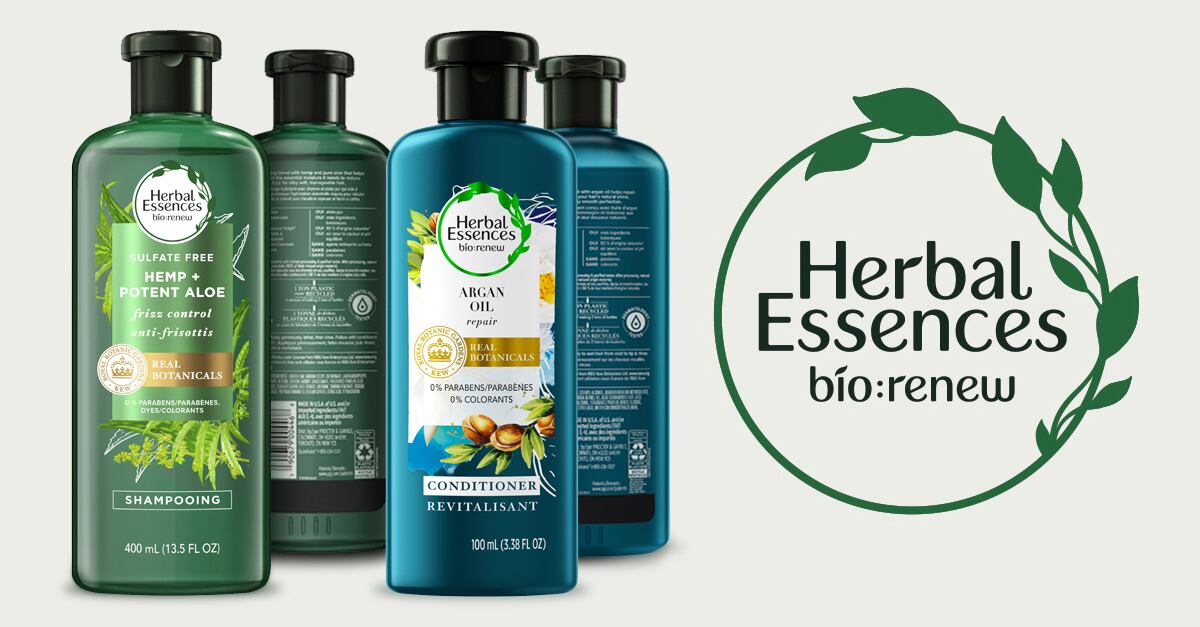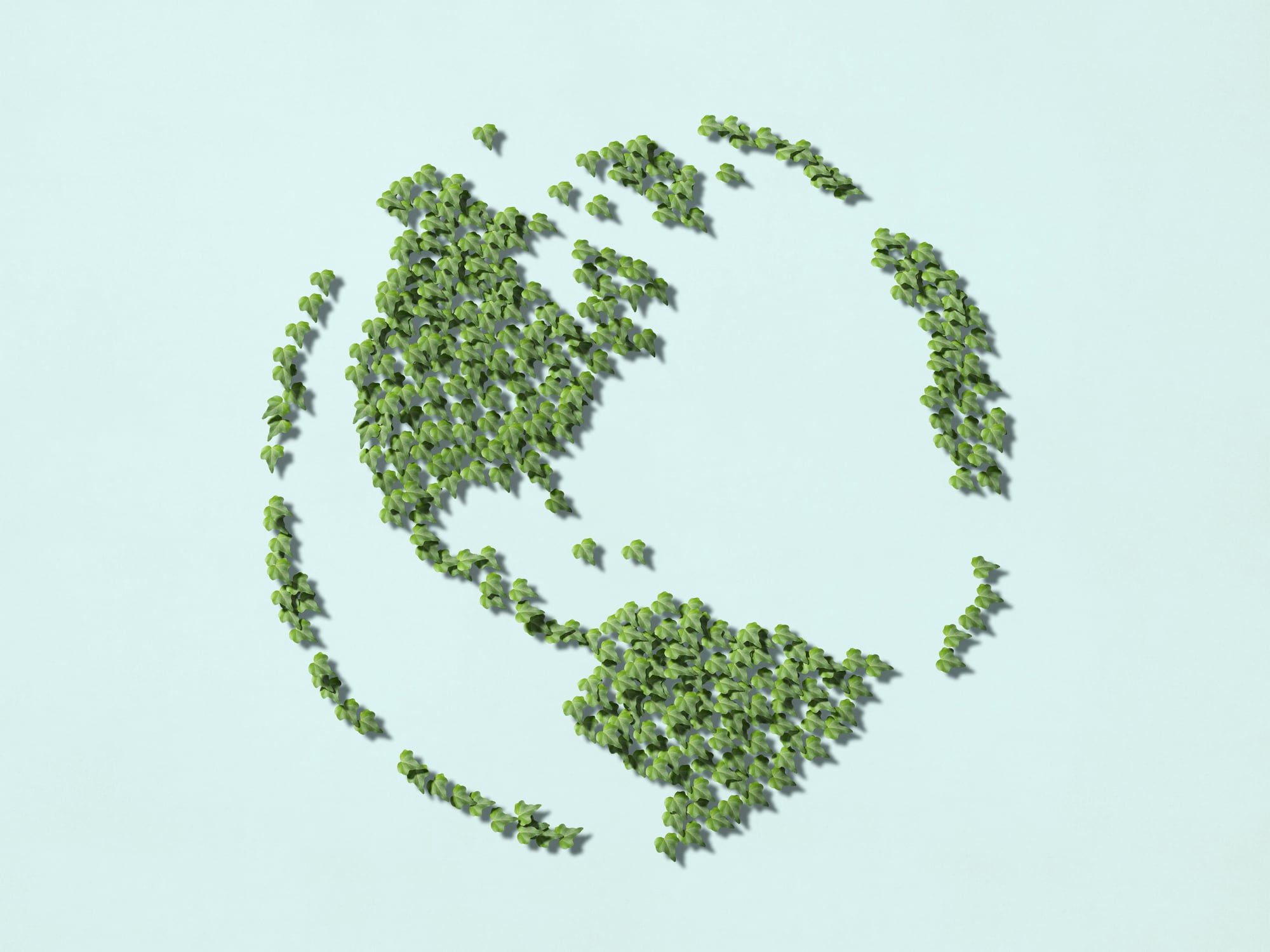The P&G brand and the producer of the resin, Eastman Renew, announced in November five shampoo-conditioner collections would be on the market with the plastic beginning January 2022.
Herbal Essences principal scientist Rachel Zipperian said the adoption of the resin is part of the company’s goals to move 90% of major packaging platforms to recyclable or reusable materials and reduce in the use of virgin plastics 50% by 2025.
“Plastic is such a useful material, but it’s not useful to go to waste,” Zipperian said. “I’m a big dreamer and I see this as a big way to get plastic to more of a circular resource, and we know that not one approach is going to solve the problem.”
Chris Layton, sustainability director for plastics and circular solutions at Eastman said the Renew products going into the Herbal Essences collections are enabled by an advanced recycling system which can take plastics not suitable for mechanical recycling and turn them back into essentially virgin plastic.
“These technologies allow you to take hard-to-recycle waste plastics and break them down into the basic building blocks,” Layton said. “Those building blocks are more or less indistinguishable from the same building blocks we’d otherwise produce on fossil feed, and then we can feed them into our existing polymer lines.”
Additionally, the plastic produced through this process can be recycled many times over without losing quality. He said this reduced greenhouse gas emission by cutting out extraction for this specific resin.
The benefit of the advance recycling system, aside from pulling waste plastic back into the economy, is that Eastman’s resins don’t ask P&G to compromise on performance, esthetics or safety, said Herbal Essence’s packaging leader CJ Burgbacher.
After testing to ensure the resin would perform at the same level of quality as fully virgin plastic bottles, Burgbacher said the transition should be a blind transition for consumers.
By implementing the resin, Layton said for every ton of virgin plastic P&G uses in the collection they will take a half ton of waste plastic out of landfills.
Along with the transition, Zipperian said P&G is making a push to educate consumers on how to properly recycle their packaging. She said it’s both an environmental effort, and one to ensure recyclable materials are available to go back into packaging.
“We know as a business that we play a role in providing the demand for the material,” Zipperian said. “If there is no demand, it’s not going to get recycled and this won’t take off. We’re looking to use business as part of an investment opportunity to bring this advanced recycling and advance the recycling industry.”
Layton said, while there is no shortage of waste plastic, it can be a challenge for Eastman to obtain the kinds of non-mechanically recyclable plastics.
P&G will investigate expanding the use of the Renew resin across other Herbal Essences collections, as well as other brands, Burgbacher said. Zipperian also said Herbal Essences is looking into other ways to reduce virgin plastic use like refillable and non-plastic packaging.
By the end of next year Layton said Eastman will have the largest commercial facility for advanced recycling in the world, and with more companies experiencing their high-quality resins hopes to expand into more companies where the decreased quality and safety of mechanically recycled plastic is unacceptable, like personal care.


